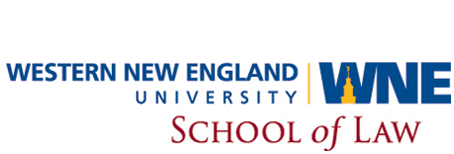Document Type
Article
Publication Date
2016
Abstract
This essay considers the problem of over-utilization of medical care at the end of life and the lack of truly informed consent and briefly considers the multiple causes of these phenomena. It then explores the inherent challenges to making informed medical decisions using concepts of Knightian uncertainty, bounded rationality, optimism bias, and other heuristics. The essay concludes that uncertainty inherent in these decisions means that challenges to making truly informed decisions about medical care are even more substantial than physicians acknowledge or patients ever realize. Acknowledging these challenges is the first step to better medical decision making. informed consent has its limits, but avoiding the effort to achieve truly informed consent is an irrational choice because it risks serious negative outcomes for patients. Physicians themselves, by the very nature of their work, live with clinical uncertainty and life’s precarity every day and sharing this reality with their patients is more likely to bring patients and physicians together in a collaborative decision-making team than to destroy hope or leave patients feeling abandoned.
Recommended Citation
Barbara A. Noah, The (Ir)ationality of (Un)informed Consent, 34 QUINNIPIAC L. REV. 691 (2016).
